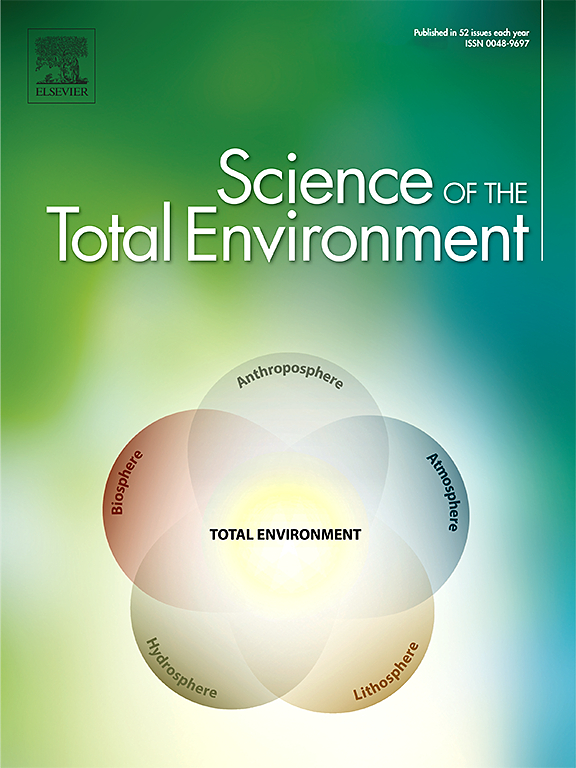Supporting food security with multi-annual climate information: Co-production of climate services for the Southern African Development Community
IF 8.2
1区 环境科学与生态学
Q1 ENVIRONMENTAL SCIENCES
引用次数: 0
Abstract
Climate variability and change poses unprecedented challenges to food security, with shifting temperature trends, altered precipitation regimes, and the intensification of extreme events such as heatwaves, droughts, and floods. Multi-annual climate variability further exacerbates these challenges, underscoring the need for decision-makers to access actionable climate information to inform long-term adaptation strategies. However, multi-annual predictions remain constrained by their modest forecast skill and considerable uncertainty, limiting their use in decision-making. This study presents the co-production of climate services using multi-annual predictions to enhance food security in Tanzania and Malawi, developed as part of the EU-funded H2020 project FOCUS-Africa. These services are based on an interactive online platform to deliver deterministic and probabilistic predictions of key variables, including mean temperature, precipitation, temperature extremes, and drought conditions for the coming years. To ensure transparency, forecast quality metrics are provided to guide users in assessing the quality and reliability of the climate information. Complementary co-designed bulletins summarize these predictions in accessible language, fostering engagement and practical application through in-person workshops and feedback sessions. This paper demonstrates how co-production can help address the emerging demand for climate information to support food security decisions at multi-annual timescale. Our findings highlight the effectiveness of stakeholder engagement in tailoring climate services to user needs. This study also identifies critical challenges in the co-production process and outlines strategies to overcome them, offering valuable insights for advancing climate services for supporting multi-annual decisions in other sectors and contexts.

求助全文
约1分钟内获得全文
求助全文
来源期刊

Science of the Total Environment
环境科学-环境科学
CiteScore
17.60
自引率
10.20%
发文量
8726
审稿时长
2.4 months
期刊介绍:
The Science of the Total Environment is an international journal dedicated to scientific research on the environment and its interaction with humanity. It covers a wide range of disciplines and seeks to publish innovative, hypothesis-driven, and impactful research that explores the entire environment, including the atmosphere, lithosphere, hydrosphere, biosphere, and anthroposphere.
The journal's updated Aims & Scope emphasizes the importance of interdisciplinary environmental research with broad impact. Priority is given to studies that advance fundamental understanding and explore the interconnectedness of multiple environmental spheres. Field studies are preferred, while laboratory experiments must demonstrate significant methodological advancements or mechanistic insights with direct relevance to the environment.
 求助内容:
求助内容: 应助结果提醒方式:
应助结果提醒方式:


